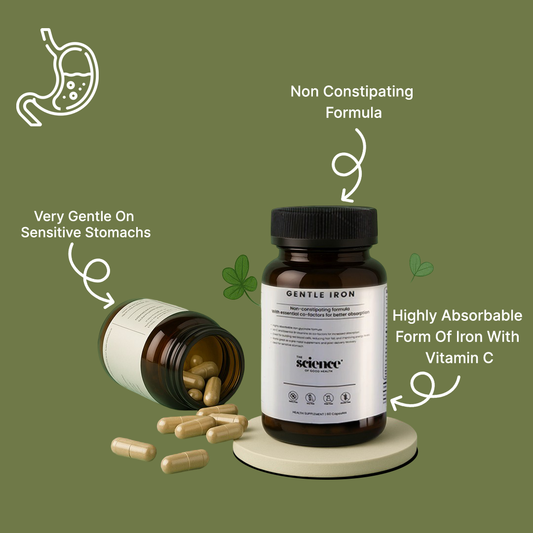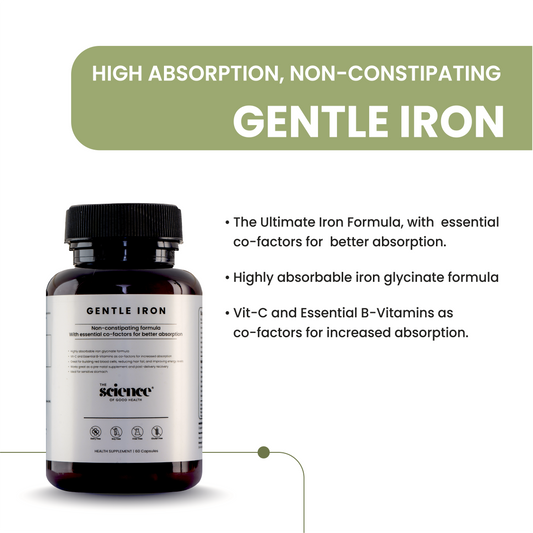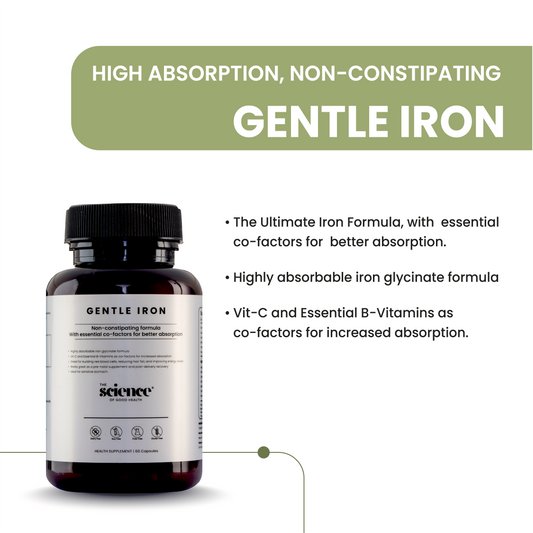Proper creatine water intake is one of the most important factors for anyone looking to maximize muscle growth, strength, and overall health. While creatine is one of the most researched and effective supplements on the market, many users fail to realize that hydration is the key to unlocking its full potential. Without adequate water, creatine cannot be effectively absorbed into your muscles, which can reduce the benefits you experience from supplementation.
If you want to improve performance, support muscle recovery, and ensure your body absorbs creatine efficiently, understanding creatine water intake is essential. This guide will show you exactly how much water to drink, when to drink it, and practical tips to maximize your results.
We will also explain how The Science of Good Health Creatine Monohydrate can support your hydration strategy and performance goals. By following this guide, you’ll gain actionable insights to stay properly hydrated while taking creatine safely and effectively.
What is Creatine and Why Hydration Matters
Creatine is a naturally occurring compound found primarily in skeletal muscles and plays a pivotal role in energy production. It is stored in your muscles as phosphocreatine, which helps regenerate ATP,the energy currency of your cells,during high-intensity activities like sprinting, lifting weights, or circuit training. Supplementing with creatine monohydrate allows your body to store more of this vital energy source, improving your performance and helping you push harder during workouts.
However, supplementing alone is not enough. Without proper creatine water intake, your muscles may not receive the optimal amount of creatine they need. Water acts as a carrier, helping creatine molecules enter the muscle cells where they are most effective. Additionally, water supports muscle cell volumization, which is the process that makes muscles appear fuller and feel firmer,this also contributes to better strength and endurance during workouts.
Proper hydration ensures your muscles remain healthy and functioning at their peak. Inadequate water intake while using creatine can lead to minor side effects such as bloating, cramping, and slower recovery. By understanding and prioritizing creatine water intake, you ensure that each dose of creatine works efficiently, supporting your training goals and overall physical health.
How Creatine Works in the Body
Creatine works by enhancing the phosphocreatine system in your muscles, which plays a critical role in regenerating ATP. ATP provides the energy your muscles need for short, explosive bursts of activity. When your ATP stores are depleted, performance decreases, and fatigue sets in. Supplementing with creatine increases the available phosphocreatine in your muscles, which allows faster ATP regeneration and improves both strength and endurance.
Water is a crucial partner in this process. Proper creatine water intake ensures that creatine is efficiently transported into the muscle cells. Without sufficient water, creatine uptake is reduced, and you may not experience the full benefits of your supplement. Additionally, water contributes to muscle volumization, helping maintain optimal cell hydration. This not only improves the appearance of muscles but also reduces fatigue and supports faster recovery.
Another common misconception is that creatine causes dehydration. In reality, studies show that when paired with sufficient water, creatine actually helps your muscles retain water internally, improving hydration at the cellular level. Proper creatine water intake ensures that this process works optimally, enhancing exercise performance, reducing injury risk, and supporting overall muscular health.
How Much Water Should You Drink with Creatine
Determining the right amount of water for creatine water intake is essential for maximizing performance and safety. General recommendations suggest:
-
For each 3g serving of creatine, drink approximately 300–500 ml (1–2 cups) of water.
-
Total daily water intake should be around 2.5–3 liters, depending on body weight, activity level, and environmental conditions.
-
Increase water intake in hot climates or during intense training sessions to compensate for sweat and fluid loss.
-
Spread water consumption across the day rather than drinking it all at once. This allows continuous hydration and better absorption of creatine.
For example, if you take creatine in the morning and after a workout, ensure you drink a glass of water with each serving and continue hydrating throughout the day. Athletes who track water intake often notice improved endurance, faster recovery, and better overall energy levels when maintaining consistent hydration alongside creatine supplementation.
Adjusting your creatine water intake according to personal needs is key. Individuals with higher body mass may require more water, and those performing long-duration or high-intensity workouts should increase intake proportionally. By prioritizing proper water intake, you not only enhance the effectiveness of creatine but also support your overall health, prevent dehydration, and reduce the risk of cramps or fatigue.
Signs You’re Not Drinking Enough Water with Creatine
Insufficient creatine water intake can negatively affect your performance and overall health. Common signs include:
-
Muscle cramps or stiffness during or after workouts.
-
Dry mouth and fatigue, which can affect concentration and energy levels.
-
Reduced exercise performance, with less strength, endurance, or stamina.
-
Headaches or dizziness, indicating dehydration.
-
Slower muscle recovery, making it harder to maintain a consistent training routine.
If you notice any of these signs, increasing your water intake while supplementing with creatine can help restore balance and optimize your results.
Practical Tips for Optimal Creatine Water Intake
Maximizing creatine water intake requires a combination of timing, consistency, and tracking. Here are some practical strategies:
-
Spread your water intake throughout the day instead of consuming large amounts at once.
-
Take creatine with meals or post-workout shakes for better absorption and digestion.
-
Use a hydration tracker or marked water bottle to ensure you are meeting your daily target.
-
Add electrolytes on heavy training days or in hot climates to maintain proper fluid balance.
-
Consistency is key,maintaining daily hydration helps ensure your muscles receive the creatine they need for optimal performance.
Following these tips will allow you to maximize the benefits of creatine supplementation safely and efficiently.
Choosing the Right Creatine Supplement
Not all creatine supplements are created equal. Purity, potency, and solubility are critical factors. The Science of Good Health Creatine Monohydrate offers:
-
3g pure serving per dose for maximum effectiveness.
-
Unflavored powder, easy to mix with water or shakes.
-
Scientifically backed benefits for strength, endurance, and brain health.
-
Safe for athletes, fitness enthusiasts, and general wellness.
Pairing this high-quality creatine with consistent creatine water intake ensures your body absorbs the supplement effectively and helps you achieve better performance and results.
Conclusion
Proper hydration is the cornerstone of successful creatine supplementation. By maintaining consistent creatine water intake, you support muscle performance, enhance recovery, and prevent dehydration-related issues. Whether you’re a beginner or an advanced athlete, prioritizing water intake ensures that creatine works effectively in your body.
Pairing your supplement routine with The Science of Good Health Creatine Monohydrate guarantees purity, potency, and maximum benefits. Stay consistent with your water intake and supplementation to reach your fitness goals safely and efficiently.
“Ready to unlock your full potential? Support your strength, endurance, and overall health with The Science of Good Health Creatine Monohydrate. Pure, potent, and research-backed,because your body deserves nothing less. Order today and fuel your fitness journey the smart way!”
Read Our latest Blogs:
Creatine Before or After Workout | Creatine Rich Foods | Foods that Contain Creatine | Is Creatine a Steroid | Which Creatine is Best | Creatine Weight Gain | Natural Sources of Creatine | When Should I Take Creatine | Can I Take Creatine with Milk | How to Use Creatine Monohydrate | Whey Protein with Creatine
Frequently Asked Questions
Q1. Does creatine cause water retention?
Ans: Yes, creatine can cause water retention, but this occurs primarily inside muscle cells, which is beneficial for muscle fullness and performance.
Q2. Can I mix creatine in juice instead of water?
Ans: Yes, but water is preferred as it supports hydration, absorption, and overall health.
Q3. What happens if I take creatine with too little water?
Ans: Reduced performance, slower creatine uptake, increased risk of cramps, and dehydration-related symptoms.
Q4. Do women need the same amount of water with creatine?
Ans: Yes, women should follow similar creatine water intake guidelines, adjusting for body weight and activity level.
Q5. Can I drink coffee or tea with creatine?
Ans: Occasional consumption is fine, but rely mainly on water to maintain optimal creatine water intake.
Q6. Can I take creatine on rest days?
Ans: Yes, consistent water intake helps maintain creatine levels in the muscles, supporting recovery and readiness for your next workout.
Q7. How long does it take to notice benefits from creatine?
Ans: Typically, 2–4 weeks with proper supplementation and consistent creatine water intake.
Q8. Can I overdose on water while taking creatine?
Ans: Excessive water is unnecessary and can be harmful; follow recommended intake guidelines for safe and effective hydration.






